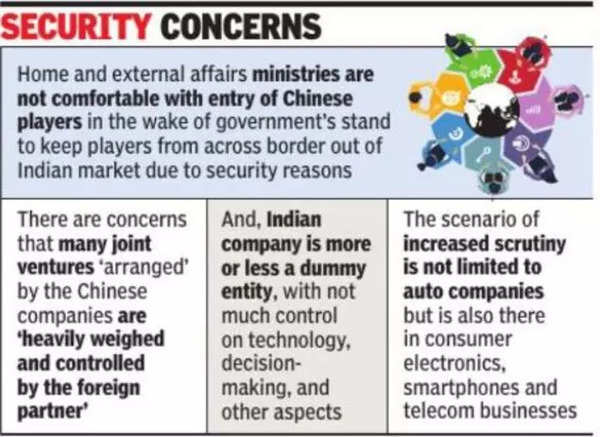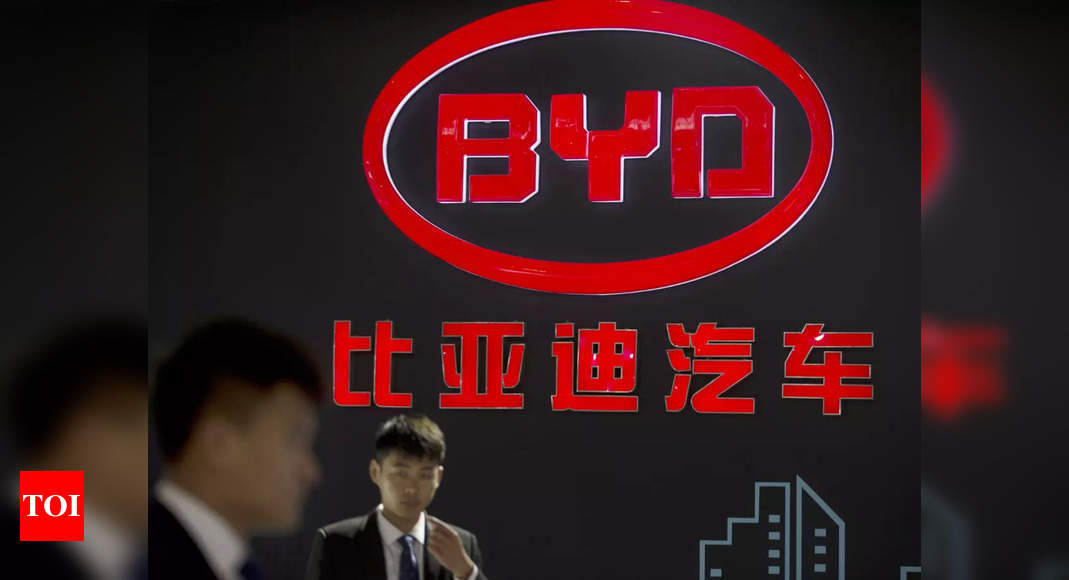[ad_1]
There is discomfort in the home and external affairs ministries over the entry of Chinese players in the wake of the government’s stand to keep players from across the border out of the Indian market, given the security concerns around several of them. There are growing concerns in the government that many joint ventures “arranged” by the Chinese companies — some of which get state support — are “heavily weighed and controlled by the foreign partner”, while the Indian company is more or less a dummy entity, with not much control on technology, decision-making, and other critical know-how.

In the BYD case, the government has had similar concerns which have come to the fore now as the Chinese electric company wants to go aggressive on India. BYD already supplies chassis and batteries to Megha Engineering, and the two sell electric buses under the Olectra Greentech brand. BYD also has arelatively-small independent car business, and sells models such as the Atto 3 electric SUV and the e6 EV to corporate fleets.
BYD is not the only Chinese carmaker that is facing increased scrutiny from the government , following stricterFDI checks after border and diplomatic disputes between India and China. The Centre had tightened FDI regulations to remove companies from countries, which share a land border with India, coming through the automatic route. As a result, companies from China now have to be screened by an inter-ministerial panel.
The checks had seen the investment proposal of China’s Great Wall Motors, which wanted to buy General Motors’ plant in Maharashtra, lay in abeyance. Later, the Chinese company withdrew its proposal. MG Motors, which currently sells cars inIndia, also faces difficulty in getting new investments in India for expansion, and is now working on a proposal to get Indian partners on-board with a majority stake. As Chinese companies have been forced to slow down their expansion in India for want of permission to get fresh equity, they are eyeing the joint venture route with Indian companies. However, here too, policymakers prefer the route when Indian partner gets majority stake in the business.
The phenomenon of increased scrutiny is there in consumer electronics, smartphones, and telecom businesses too. Xiaomi, Vivo and Oppo are hoping to clear security checks based on domestic JVs. Others such as Huawei and ZTE, in the telecom equipment space, have also been forced to curt ail their business over security concerns.
[ad_2]
Source link










More Stories
India’S Growth Forecast: S&P ups India’s FY’24 growth forecast to 6.4% on robust domestic momentum
India to remain fastest-growing major economy, but demand uneven: Poll
Jack Ma: Jack Ma gets back into business with ‘Ma’s Kitchen Food’